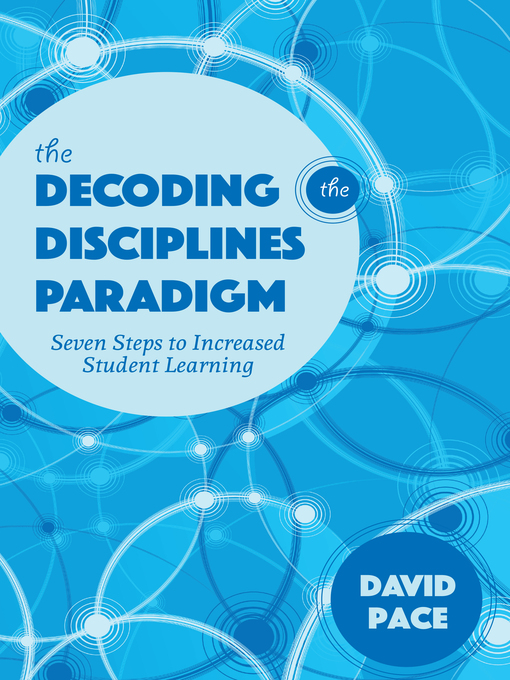Teaching and learning in a college setting has never been more challenging. How can instructors reach out to their students and fully engage them in the conversation? Applicable to multiple disciplines, the Decoding the Disciplines Paradigm offers a radically new model for helping students respond to the challenges of college and provides a framework for understanding why students find academic life so arduous. Teachers can help their pupils overcome obstacles by identifying bottlenecks to learning and systematically exploring the steps needed to overcome these obstacles. Often, experts find it difficult to define the mental operations necessary to master their discipline because they have become so automatic that they are invisible. However, once these mental operations have been made explicit, the teacher can model them for students, create opportunities for practice and feedback, manage additional emotional obstacles, assess results, and share what has been learned with others.
Teaching and learning in a college setting has never been more challenging. How can instructors reach out to their students and fully engage them in the conversation? Applicable to multiple disciplines, the Decoding the Disciplines Paradigm offers a radically new model for helping students respond to the challenges of college and provides a framework for understanding why students find academic life so arduous. Teachers can help their pupils overcome obstacles by identifying bottlenecks to learning and systematically exploring the steps needed to overcome these obstacles. Often, experts find it difficult to define the mental operations necessary to master their discipline because they have become so automatic that they are invisible. However, once these mental operations have been made explicit, the teacher can model them for students, create opportunities for practice and feedback, manage additional emotional obstacles, assess results, and share what has been learned with others.

